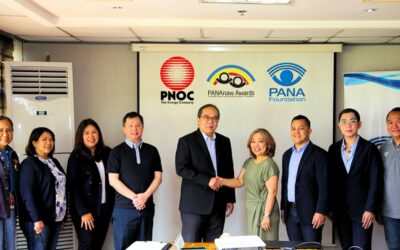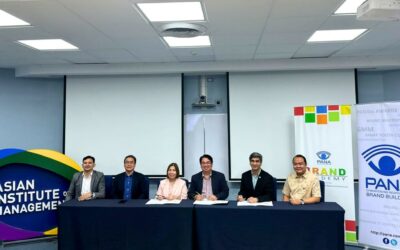
Members of the ASEAN – Brunei Darussalam, the Kingdom of Cambodia, the Republic of Indonesia, the Lao People’s Democratic Republic, Malaysia, the Union of Myanmar, the Republic of the Philippines, the Republic of Singapore, the Kingdom of Thailand and the Socialist Republic of Viet Nam – see 2015 as a work in progress, with the end goal of a true AEC that enjoys the unique benefits of integration: (1) single market and production base, (2) competitive economic region, (3) equitable economic development and (4) integration into the global economy.
“The integration is a fact,” says Dr. Federico Macaranas of the Asian Institute of Management (AIM). He is AIM’s ASEAN 2015 project leader.
“Those who are better prepared will experience more success. More than this, the integration will greatly transform the perception of Philippine businesses – from a local one to a regional one.”
The AEC is envisioned to unite the ASEAN region with free movement of goods, services, investment, skilled labor and freer flow of capital.
This magnitude of economic cooperation and integration will open up opportunities for the Philippines as part of the ASEAN; however, Dr. Macaranas and ASEAN 2015 experts like him believe the country and its industries should be better prepared.
“AEC is useful because it will give us partners that will make us stronger in our strengths and less weak in our weaknesses,” he says.
The professor offers six areas in which the Philippines can benefit from integration: (1) tariff reductions for rice and sugar; (2) foreign entry and participation in several business services; (3) professional exchange in fields such as engineering, nursing, architecture, surveying, medicine, dentistry, accountancy and tourism; (4) wholesale and retail trade distribution; (5) transport and communications and (6) real estate, specifically, property management, rentals, urban planning and landscaping.

Dr. Macaranas raises business process outsourcing as a sort of metaphor for preparedness – the Philippines remains one of the top BPO destination, but he cautions that it’s not enough to be able to speak English with a twang as Filipinos could so easily do; what’s more important is to speak the language of customer service.
The ASEAN’s vision is for its whole to exceed the sum of its parts. The Philippines, one of the organization’s original founders, has a responsibility to see its goals through.



